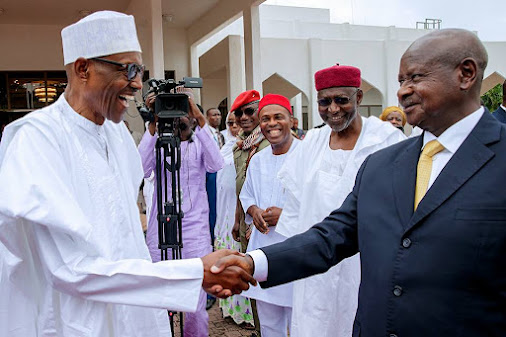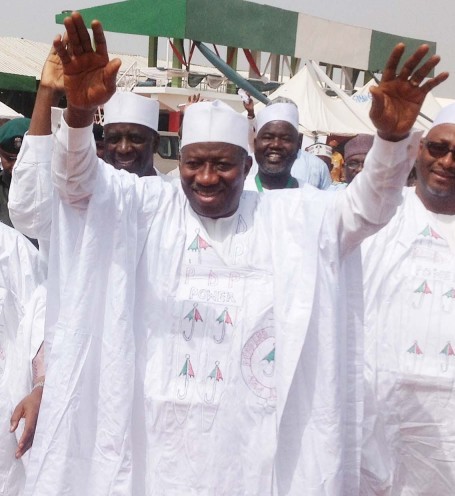By Dan Amor
In 2005,
a new diplomatic law was introduced in South Africa which compelled travelers from Nigeria
and a few other countries to meet certain transit visa requirements before
stepping into that country. Those other countries include Democratic Republic
of Congo, Egypt, Cameroon, Ethiopia,
Ghana, Bangladesh and Sierra Leone. Other countries
affected by the law were India,
Sudan, Zimbabwe, Somalia,
China, Russia, Ukraine,
Pakistan and Kenya.
Principally, the anti-visitor law was targeting Nigeria. This shows that xenophobia
is an official state policy of the South African government.
 |
| *Zuma and Buhari |
There is indeed nothing wrong with
the idea of an independent country choosing who her visitors should be and who
should not. Yet, it is not only a diplomatic shortsightedness but also a
demonstration of chronic ingratitude for South Africa not to recognize her
benefactors. It also shows, to a large extent, the limpid docility in the
mindset of those at the commanding height of that country's diplomacy. Even
when one can safely argue that the prolonged period of apartheid in South Africa
virtually turned black natives of that country to psychopaths, it is a terrible
malaise for black South Africans not to remember those who fought relentlessly
for their freedom.
Of course, there is so much to say in the justification
for the proclaimed Afrocentric foreign policy thrust of Nigeria. With
about 180 million people, Nigeria's
population is more than double of that of Egypt -
the second most populous country in Africa; twenty-five times that of Benin Republic
and thirty-five times that of Togo.
This demographic edge is matched by comparatively high economic endowments,
with Nigeria
being, for instance, the sixth largest exporter of crude in the world. In terms
of human capital development, there is no country in Africa that churns out the
magnitude of graduates from institutions of higher learning like Nigeria.
It is,
perhaps, in realization of this that the country has played a crucial role on
the African political stage. For example, Nigeria
helped in no small measure in dismantling apartheid in South Africa thereby earning the sobriquet of
"a distant frontline state" during the struggle against white
minority rule in the entire Southern Africa.
She also played a decisive role in the formation of the Organization of African
Unity (OAU), which metamorphosed into the African Union (AU) recently, and
later the Economic Community of West African States (ECOWAS) of which she
continues to be a central player. More recently, Nigeria
was the chief architect of the ECOMOG, the military wing of ECOWAS, which has
successfully checked military aggression in some countries in the West African
sub-region, notably, Liberia
and Sierra Leone.




















